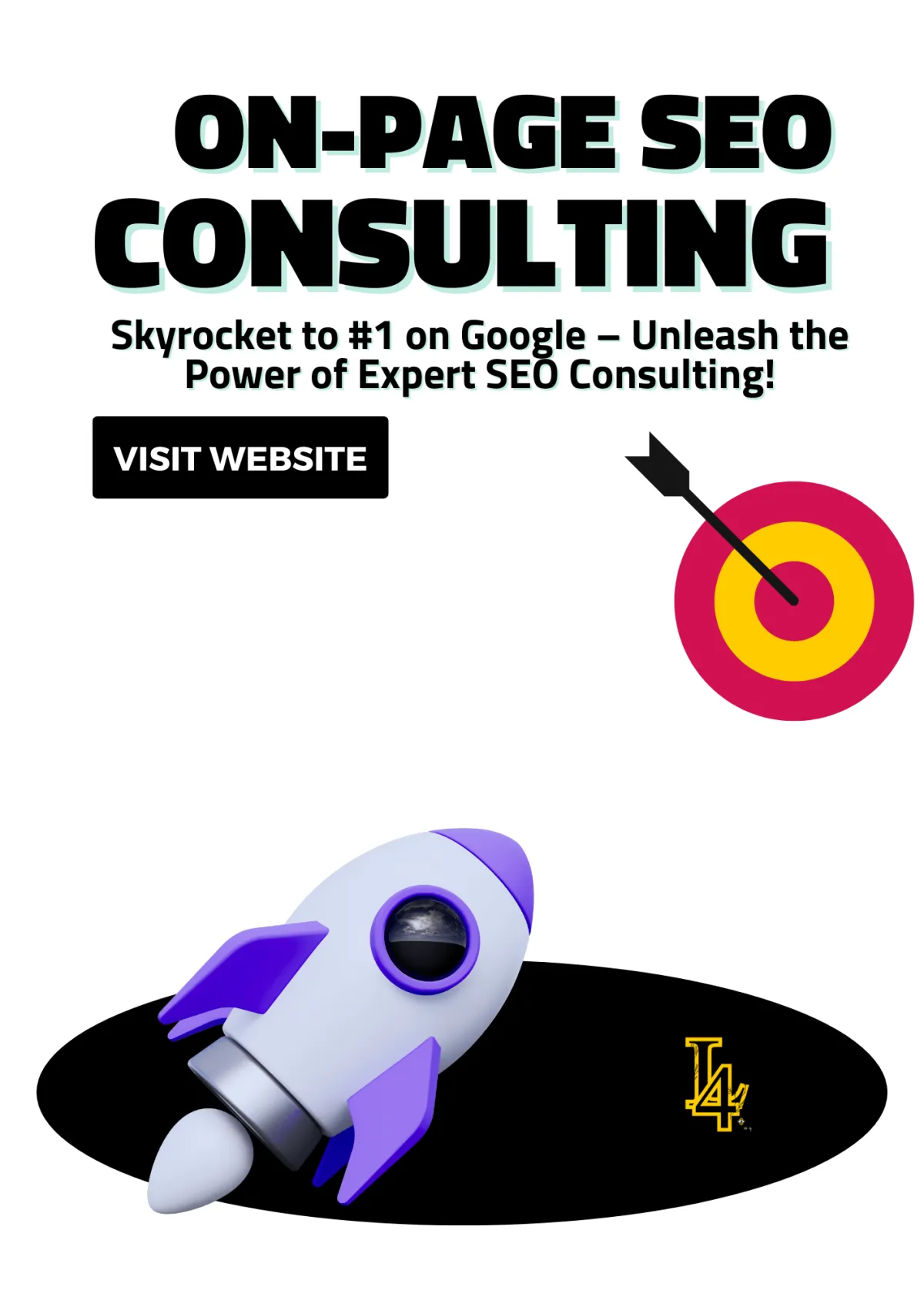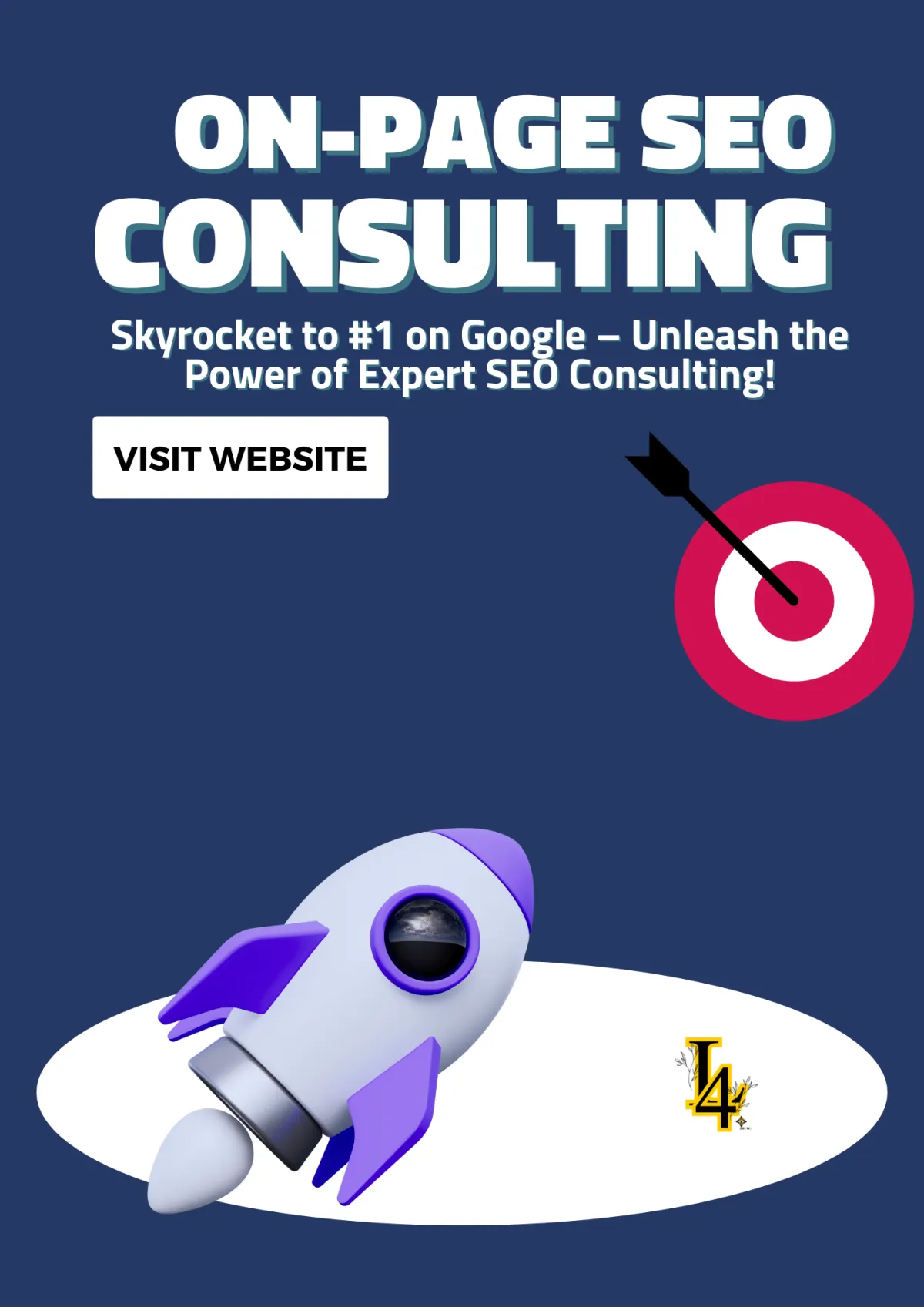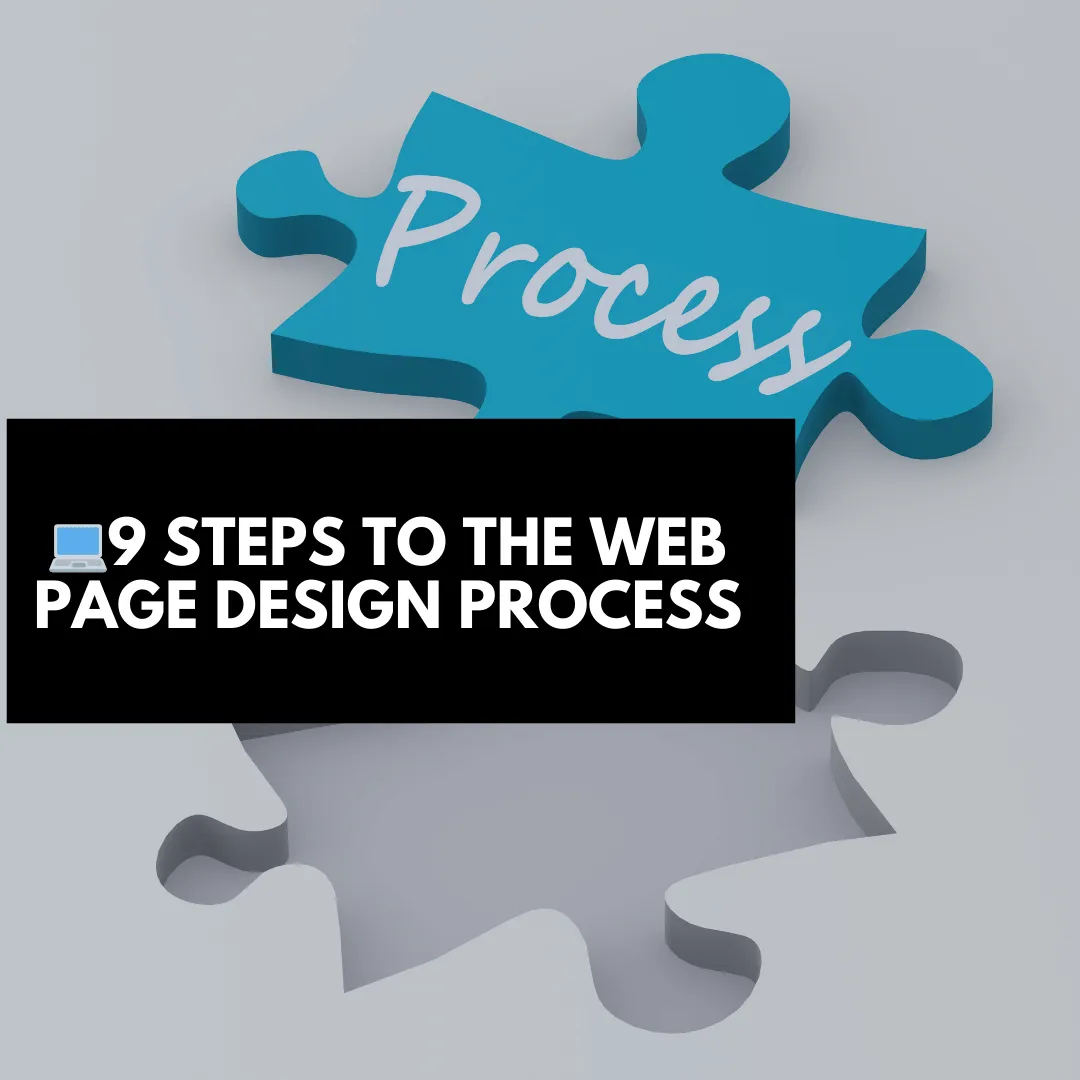
10 Keyword Research Tools for Digital Marketing Agencies
Why Keyword Research Is the Foundation of Successful Campaigns
How to Choose the Right Tool for Your Agency
Optimizing Website Navigation with Keyword Research
How Keyword Research Improves Navigation:
Enhancing Mobile-First Design with Search Intent Data
I’ve learned one thing in my digital marketing journey: having the right tools can make all the difference. Keyword research isn’t just a task—it’s the foundation of successful campaigns. Over the years, I’ve discovered some incredible tools that have completely transformed the way I approach SEO and PPC strategies. Let me share the ones that have helped me stay ahead of the competition."
Why Keyword Research Is the Foundation of Successful Campaigns
When I first started in digital marketing, I quickly realized that keyword research was the key to driving results. But it wasn’t until I found the right tools that everything started to click. These tools became my go-to resources, helping me uncover hidden opportunities, target the right audience, and create campaigns that worked. In this article, I’ll walk you through the top 10 keyword research tools I rely on and show you how they can take your campaigns to the next level. Plus, I’ll share how I use keyword data to optimize website navigation and embrace mobile-first design to stay ahead in this competitive landscape.
1. SpyFu
SpyFu is a go-to tool for uncovering the strategies behind your competitors' success. Analyzing your rivals' keyword performance and ad spending allows you to outmaneuver them with precision.
Key Features:
Competitor Analysis: Discover the keywords your competitors are ranking for.
Keyword Research: Access a robust database of keyword opportunities.
PPC Insights: Analyze competitors’ ad copy and campaigns.
Why Use It:
SpyFu is invaluable for agencies looking to fine-tune their SEO and PPC strategies by understanding the competition inside out.
2. Keyword Tool
Keyword Tool simplifies the discovery of long-tail keywords using Google Autocomplete, making it easier to target specific audiences effectively.
Key Features:
Long-Tail Focus: Generate less competitive but highly relevant keyword ideas.
Autocomplete Data: Harvest Google’s autocomplete suggestions for content inspiration.
Organized Lists: Manage and structure your keywords for various campaigns.
Why Use It:
This tool is perfect for finding niche keywords that drive high-intent traffic, a game-changer for agencies working in competitive markets.
3. Google Keyword Planner
Google Keyword Planner has stood the test of time as one of the most reliable keyword research tools. Integrated with Google Ads, it provides rich data to support SEO and PPC strategies.
Key Features:
Keyword Suggestions: Generate ideas based on industries and topics.
Search Volume Trends: Access historical search data.
CPC Insights: Plan ad budgets with accurate cost estimates.
Why Use It:
A staple for any digital marketing agency, Google Keyword Planner aligns seamlessly with paid campaigns and organic strategies, making it a versatile choice.
4. SEMrush
SEMrush is a comprehensive digital marketing toolkit that goes beyond keyword research to deliver insights into search engine rankings, content performance, and competition.
Key Features:
Keyword Magic Tool: Find millions of keyword ideas with advanced filtering.
Competitive Research: Examine your competitors’ organic and paid strategies.
SEO Site Audit: Identify and resolve technical SEO issues.
Why Use It:
SEMrush is a powerhouse for agencies, offering all-in-one capabilities that streamline campaign management across SEO, PPC, and content marketing.
5. Ahrefs
Ahrefs is renowned for its robust keyword research and backlink analysis, offering an array of tools to refine your SEO strategy.
Key Features:
Keywords Explorer: Dive deep into billions of keywords with insightful metrics.
Backlink Analysis: Monitor competitors’ backlinks and your profile.
Content Explorer: Identify trending content ideas tied to your keywords.
Why Use It:
Ideal for agencies aiming to master both keyword strategies and link-building efforts, Ahrefs provides data-driven guidance to stay ahead.
6. Moz Keyword Explorer
Moz’s Keyword Explorer takes a detailed approach, focusing on metrics like keyword difficulty and organic click-through rates (CTR).
Key Features:
Keyword Suggestions: Explore thousands of potential keywords.
SERP Analysis: Evaluate competition for specific keywords.
Priority Scores: Combine difficulty, CTR, and volume into actionable insights.
Why Use It:
Moz is perfect for agencies needing in-depth keyword evaluation to craft targeted, competitive content strategies.
7. Ubersuggest
Ubersuggest by Neil Patel provides easy-to-understand data on keyword volume, SEO difficulty, and content ideas, making it accessible for agencies of all sizes.
Key Features:
Keyword Ideas: Generate creative suggestions for your campaigns.
Competitor Analysis: Study competitors’ successful keywords.
Content Recommendations: Identify topics to enhance engagement.
Why Use It:
Ubersuggest offers a straightforward and cost-effective solution for agencies looking to balance budget and efficiency.
8. Long Tail Pro
Long Tail Pro focuses on finding long-tail keywords, often less competitive and more conversion-oriented, making it ideal for niche markets.
Key Features:
Keyword Metrics: Review search volume, keyword difficulty, and CPC.
Rank Tracking: Monitor progress for targeted keywords.
Competitor Analysis: Examine SERP competition.
Why Use It:
For agencies targeting small businesses or specific industries, Long Tail Pro helps uncover untapped opportunities.
9. KWFinder by Mangools
KWFinder excels at identifying long-tail keywords with low SEO difficulty, combining simplicity with precision.
Key Features:
Keyword Suggestions: Generate a variety of ideas tailored to your needs.
Difficulty Metrics: Evaluate how hard it is to rank for a given keyword.
Search Volume Trends: Track monthly search volume over time.
Why Use It:
Agencies that want a user-friendly tool for finding less competitive keywords will find KWFinder invaluable.
10. Serpstat
Serpstat is an all-in-one SEO platform offering powerful keyword research capabilities and competitive insights.
Key Features:
Keyword Clustering: Group keywords into logical categories.
Rank Tracking: Monitor keyword rankings over time.
Competitor Analysis: Dive into your competitors’ top-performing keywords.
Why Use It:
Serpstat’s multi-functional approach makes it a versatile tool for agencies managing complex SEO campaigns.
How to Choose the Right Tool for Your Agency
While all of these tools are powerful, the best choice depends on your agency’s specific needs:
For Competitor Insights: SpyFu and Ahrefs excel at uncovering what your rivals are doing.
For Comprehensive Campaigns: SEMrush and Serpstat offer versatile features to manage multiple aspects of digital marketing.
For Long-Tail Keywords: Keyword Tool and Long Tail Pro are best for niche targeting.
By incorporating one or more of these tools into your strategy, your agency can uncover valuable keyword opportunities, refine its campaigns, and ultimately deliver better results for clients.
Optimizing Website Navigation with Keyword Research
Effective website navigation is a cornerstone of both user experience and search engine optimization (SEO). By leveraging keyword research tools like SEMrush, Ahrefs, or Keyword Tool, agencies can design navigation systems that align closely with user intent and improve overall site performance.
How Keyword Research Improves Navigation:
Discovering User Priorities:
Tools like Google Keyword Planner and KWFinder help identify the most frequently searched terms in your industry. These terms can inform the primary categories or menu items on your website, ensuring that users find what they’re looking for quickly.Building Logical Site Structures:
Keyword clustering features, such as those in Serpstat, group related terms together. Use these clusters to design subcategories or drop-down menus that follow logical paths based on how users search for information.Boosting Internal Linking Opportunities:
A keyword-driven navigation system allows for better internal linking. For example, if a keyword like “affordable web hosting” is a top search term, creating a dedicated menu link to a blog or product page on that topic ensures users (and search engines) find it easily.Enhancing SEO with Targeted Anchor Text:
When navigation items are labeled using high-intent keywords, they act as anchor text that helps search engines understand your website's focus, improving your rankings for those terms.
Pro Tip: Regularly audit your navigation structure with tools like Ahrefs Site Audit to identify opportunities to refine your menu items based on emerging keyword trends.
Enhancing Mobile-First Design with Search Intent Data
With the rise of mobile-first indexing and the growing dominance of mobile search traffic, designing for mobile users has become non-negotiable. Keyword research tools can provide critical insights into search intent, helping agencies create mobile-first designs that prioritize the needs of on-the-go users.
Mobile Search Behaviors and Their Impact:
Focusing on Local and Voice Searches:
Tools like Ubersuggest and Keyword Tool reveal long-tail and location-specific queries commonly used by mobile users. These insights can guide the design of features like location-based navigation, store locators, or click-to-call buttons that cater directly to mobile searchers.Streamlining Content for Mobile Consumption:
Mobile users often prefer quick, scannable content. Use keyword trends to prioritize frequently searched queries and design collapsible content sections or tabs that make it easy to find information without excessive scrolling.Responsive Design for High-Traffic Pages:
Keyword tools like Google Keyword Planner can pinpoint the most searched-for terms, helping agencies identify which pages to optimize for mobile performance first. High-traffic pages should load quickly, display well on small screens, and provide clear, keyword-driven CTAs.Designing Voice Search-Friendly Interfaces:
As voice searches become more prevalent, tools like SEMrush can help uncover conversational search patterns. Use these insights to create intuitive interfaces with question-based navigation or FAQ sections optimized for voice queries.Optimizing Mobile Navigation with Keyword Clusters:
Mobile menus should be compact and intuitive. Grouping keywords into clusters with tools like Serpstat ensures your menu items are concise yet comprehensive, making it easier for users to navigate on smaller screens.
Pro Tip: Test your mobile-first designs using tools like Google Mobile-Friendly Test and regularly refine them with insights from updated keyword trends.
Conclusion
Looking back, I can confidently say that investing in the right keyword research tools has been a game-changer for me and my clients. These tools have helped me uncover valuable insights, craft smarter strategies, and achieve results that were once out of reach. Whether you’re just starting or looking to refine your approach, the tools I’ve shared here will help you take your campaigns to the next level. Trust me—once you see the results, you’ll wonder how you ever worked without them!






















